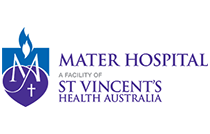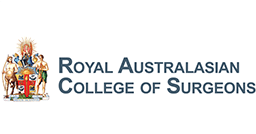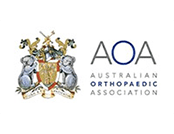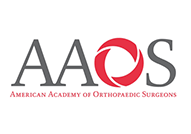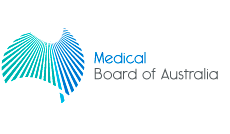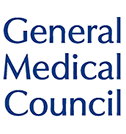Hip Fracture
Treatment
Very few fractures are considered stable enough to be managed non-surgically, and will require regular X-rays to ensure the fracture does not become displaced. The treatment of a fractured hip is usually surgical.
If possible a hip fracture will be operated on fairly quickly. However, this is balanced against ensuring the best overall medical health before surgery. This may mean taking time to do cardiac and other diagnostic studies.
The three different types of fracture are treated differently.
1. Intertrochanteric Fracture
Most Intertrochanteric fractures are managed with either a compression hip screw or an Intramedullary nail, which also allows for impaction at the fracture site.
2. Intracapsular fracture
For Intracapsular hip fractures, the surgeon may decide either to fix or repair the fracture with plates or screws or alternatively perform a half or total hip replacement.
If the fracture is minimally displaced, then the fracture may be fixed with screws that are placed through small “percutaneous” incisions on the side of your leg
3. Subtrochanteric Fracture
At the Sub-trochanteric level, most fractures are managed with a long Intramedullary nail together with a large lag screw or they are managed with screws that capture the neck and head of the femur or the area immediately underneath it, if it has remained intact.
Rehabilitation
You will be encouraged to get out of bed on the day following surgery with the assistance of a physiotherapist. The amount of weight that can be placed on the injured leg will be determined by the surgeon and is generally a function of the type of fracture and repair.
The physiotherapist works with you to help regain your strength and the ability to walk. This process may take up to three months.
Following hip fracture surgery, many patients will typically lose some of the mobility and independence they had before the injury. This is dependent upon the age of the patient and their pre-injury mobility and other co-morbidities.

